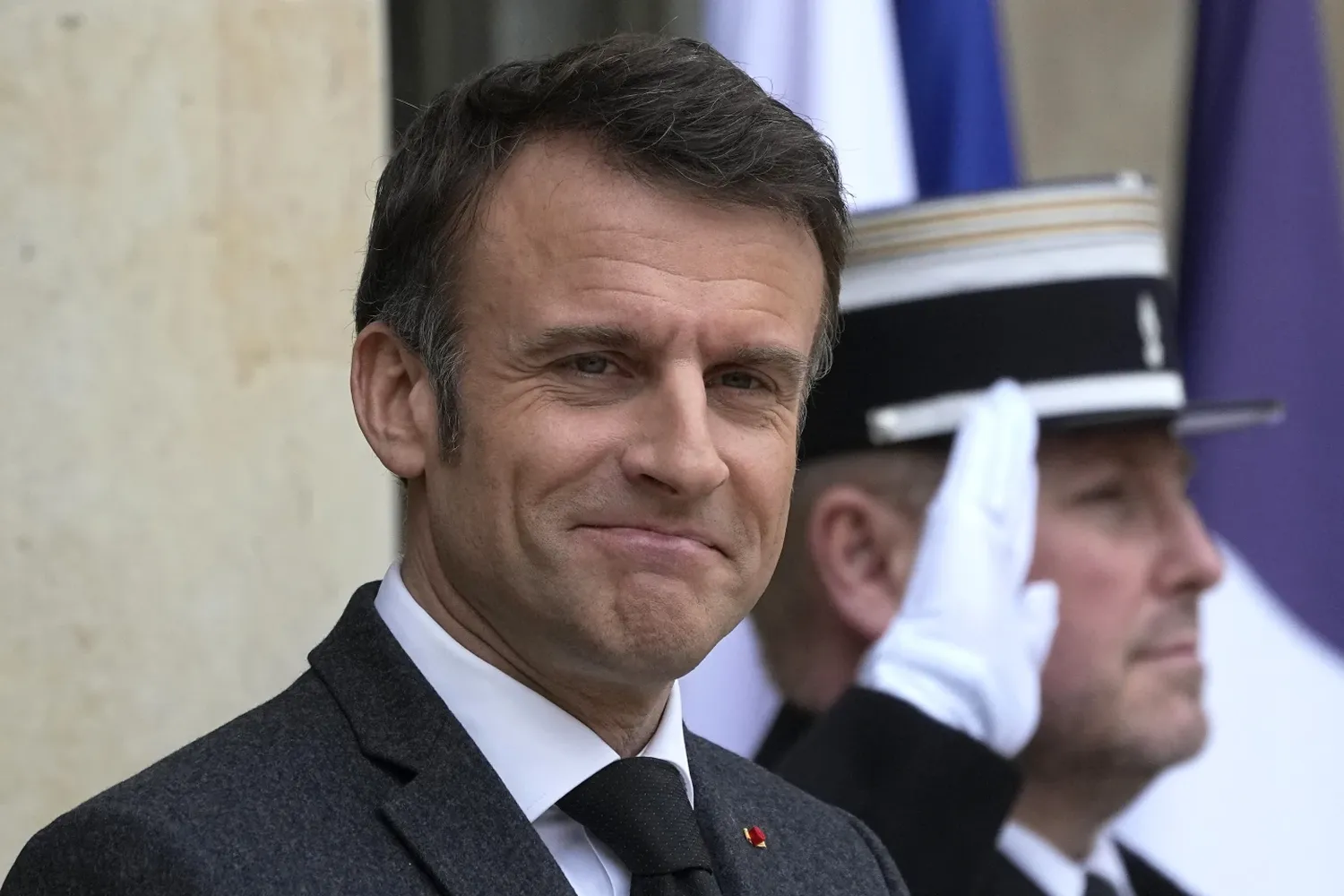Russia - Ukraine War
Macron declines to rule out Western Troops in Ukraine
In a recent televised interview, French President Emmanuel Macron has once again made headlines with his comments on the ongoing conflict in Ukraine. The French leader, known for his nuanced diplomatic rhetoric, has reiterated that the option of sending Western troops to Ukraine should not be dismissed, although he clarified that such a move is not currently necessary.
Macron's statements come at a time when Europe is grappling with the reality of a protracted war on its eastern frontiers. The French President, who also serves as the commander-in-chief of France's armed forces, emphasized that the responsibility for any such deployment would lie with Moscow, indicating that France would not initiate an offensive into Ukraine against Russia. His words, "Today, to have peace in Ukraine, we must not be weak," underscore the existential nature of the conflict for France and Europe.
This is not the first time Macron has floated the idea of Western military involvement in Ukraine. His previous comments on the matter had sparked a wave of pushback from other European leaders, who were quick to stress that they had no plans to send troops. The French President's latest remarks, therefore, seem to be a continuation of his strategy of strategic ambiguity—a stance designed to keep adversaries guessing and allies united in their resolve.
Macron's approach to the Ukraine crisis has been marked by a delicate balancing act. On one hand, he has sought to maintain open lines of communication with Russian President Vladimir Putin, while on the other, he has been a vocal proponent of supporting Ukraine's sovereignty and territorial integrity. This has been evident in France's unwavering support for Ukraine from the onset of the conflict, as well as in the symbolic votes by both the National Assembly and the Senate approving the 10-year bilateral security agreement signed between Macron and Ukrainian President Volodymyr Zelenskyy.
The French President's comments came ahead of a planned meeting with German Chancellor Olaf Scholz and Polish Prime Minister Donald Tusk in Berlin. The summit is intended to demonstrate unity among the European powers and to discuss practical support for Ukraine, including the provision of ammunition, artillery, and air defense.
Macron's stance on Ukraine has also had domestic implications, influencing the political landscape in France. The war has had a significant impact on the country's economy and society, with rising energy prices and socioeconomic anxiety fueling support for populism. The French President's handling of the crisis will likely continue to be a focal point in the nation's political discourse.
As the war in Ukraine continues to unfold, Macron's strategic ambiguity serves as a reminder of the complex interplay between diplomacy, military strategy, and domestic politics. His refusal to rule out Western troops in Ukraine, while emphasizing that they are not needed now, is a calculated move that reflects the gravity of the situation and the need for a strong and united European response to Russian aggression.

